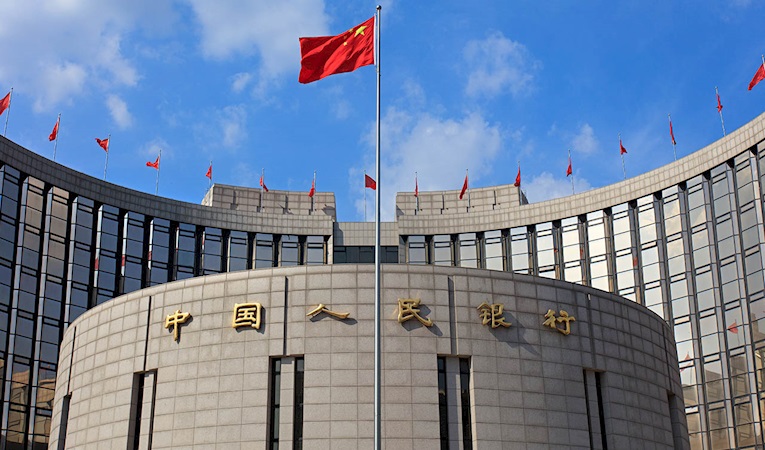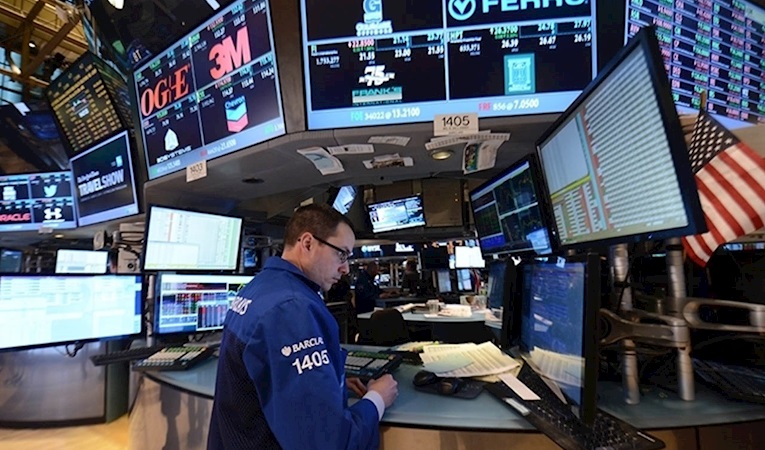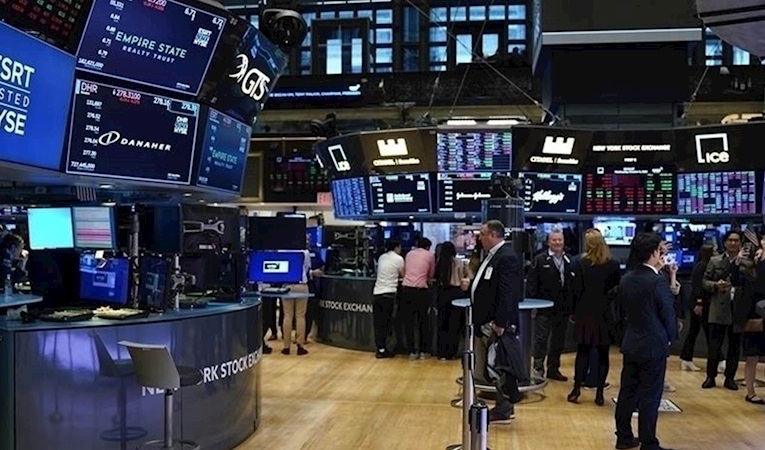
-
BIST 100
 11374,68%0,29En Düşük11342,59En Yüksek11402,42
11374,68%0,29En Düşük11342,59En Yüksek11402,42 -
DOLAR
 42,80%0,00Alış42,8024Satış42,8060En Yüksek42,8198
42,80%0,00Alış42,8024Satış42,8060En Yüksek42,8198 -
EURO
 50,27%0,31Alış50,2690Satış50,2793En Yüksek50,2809
50,27%0,31Alış50,2690Satış50,2793En Yüksek50,2809 -
EUR/USD
 1,17%0,20Alış1,1734Satış1,1734En Yüksek1,1736
1,17%0,20Alış1,1734Satış1,1734En Yüksek1,1736 -
ALTIN
 6069,35%1,71Alış6069,09Satış6069,61En Yüksek6084,86
6069,35%1,71Alış6069,09Satış6069,61En Yüksek6084,86
-
BIST 100
 11374,68%0,29En Düşük11342,59En Yüksek11402,42
11374,68%0,29En Düşük11342,59En Yüksek11402,42 -
DOLAR
 42,80%0,00Alış42,8024Satış42,8060En Yüksek42,8198
42,80%0,00Alış42,8024Satış42,8060En Yüksek42,8198 -
EURO
 50,27%0,31Alış50,2690Satış50,2793En Yüksek50,2809
50,27%0,31Alış50,2690Satış50,2793En Yüksek50,2809 -
EUR/USD
 1,17%0,20Alış1,1734Satış1,1734En Yüksek1,1736
1,17%0,20Alış1,1734Satış1,1734En Yüksek1,1736 -
ALTIN
 6069,35%1,71Alış6069,09Satış6069,61En Yüksek6084,86
6069,35%1,71Alış6069,09Satış6069,61En Yüksek6084,86
- Anasayfa
- Haberler
- Tüm Haberler
- Financing The Current Account Deficit
Financing The Current Account Deficit
It is one of the features of every era of rapid economic growth in Turkey; along with the growth comes an increase in the current account deficit. The reason for this is that the Turkish economy’s ...
1.08.2004 03:00:000
It is one of the features of every era of rapid economic growth in Turkey; along with the growth comes an increase in the current account deficit. The reason for this is that the Turkish economy’s ability to produce is excessively dependent on imports. In Turkey a high level of production means an increase in imports. Given that exports cannot usually keep pace with this increase, the result is a growth in both the foreign trade deficit and the current account deficit.
The Turkish economy has another special characteristic, namely that when the current account deficit rises it is not very successful in ensuring that the economy has a soft landing. As we saw in 1994 and 2001, the result is usually a high rate of devaluation that turns into an economic crisis. For this reason, whenever the economy grows quickly and the current account deficit expands, economists tend to be become worried. Just as they are today.
Is slow growth the solution?
Some economists say that solution is for the economy to grow slowly. For example, Ercan Kumcu says that the goal should be a growth rate of 2-4 percent per annum (Hürriyet, 21 July 2004). Kumcu maintains that with this rate of growth the current account deficit would be US$1-3 billion and that this would avoid the danger of an economic crisis.
But Turkey’s needs cannot be met with such a low growth rate. Studies have shown that in order to meet the employment needs of the young people who are entering the labour market each year the economy needs to grow by an annual growth rate of at least 6 percent (TÜSİAD, The Labour Market and Unemployment in Turkey, December 2002). If this does not happen, the rate of unemployment will continually increase and produce social problems.
In addition, in order to achieve what has been the basic goal ever since the foundation of the republic, namely that of ‘rising to the contemporary level of civilization’, we must grow quickly. In order to close the welfare level between ourselves and developed countries in a reasonable period of time we must grow by at least 7-8 percent a year. If we only grow by 2-4 percent it will take us hundreds of years to catch up with these countries.
The need for foreign capital
Given that we have to grow rapidly, we have to find ways of financing the current account deficit that will result from this growth.
Since 1989 we have financed the current account deficit through short term inflows of foreign capital, which is very risky. When this type of foreign investment becomes worried about a possible crisis it can leave country overnight. Even if this does not normally happen it can still create a crisis.
But if we can succeed in attracting direct foreign investment then the situation will change. Regardless of how much concern there is about a crisis, this kind of foreign investment cannot suddenly up and leave the country as it is not easy to close the factories and workplaces that have established in such a short time. For this reason, as you can see from the graphic on the second page of the Conjuncture section, direct foreign investment has an important place in the sustainability of the current account deficit.
The cost of uncertainty
We still have not answered the question of why foreign capital, which is virtually flooding even communist China, is so little interested in our country. Every incoming government works hard to attract foreign capital and passes new regulations. But still enough foreign investment does not come.
In order to raise foreign capital inflow in the years ahead it looks as though the following measures need to be taken:
• The main reason why foreign investment has shown so little interest in our country is the inability to ensure political and economic stability. Foreign investors do not think that it is natural to tie up their money in a country which has been suffering for high inflation for over 30 years which has made it impossible to see into the future. Moves by politicians which are incompatible with economic logic and the frequent changes of governments create the same problem. Indeed these factors have meant that there is not enough domestic investment.
It is essential to hold inflation in single figures
• The stabilization programme that has been applied for the last three years has enabled us to make considerable progress in terms of ensuring economic stability. Inflation has finally fallen to single figures. There has also been good progress in terms of bringing the public deficits, which fuel inflation, under control.
• In order to attract foreign capital in the years ahead we have to hold inflation permanently under 5 percent per annum. In order to do this it is essential that we don’t make any concessions in terms of public financial discipline.
• As the result of a single party government coming to power after the 2002 elections, we are in a better position than before in terms of ensuring political stability. In order to make more progress in this regard our politicians need to abandon resorting to negative politicking which creates tension.
Is there an alternative way?
If we cannot succeed in attracting sufficient foreign capital, we shall not be able to achieve high economic growth. Whenever we try to grow rapidly, the rising current account deficit will bind us hand and foot. If we cannot get rid of these deficits but keep fuelling high growth then we shall be faced with crises.
It may be thought that in order to grow rapidly without creating a current account deficit we need to reduce our dependence on imports. In fact, in the long-term, it is essential that we do precisely this. But it is very difficult to do this without attracting foreign capital. In order to do this we need to develop sectors which produce semi-finished goods. The investments required in order to develop these sectors will have to be financed to a large degree by foreigners.
The Turkish economy has another special characteristic, namely that when the current account deficit rises it is not very successful in ensuring that the economy has a soft landing. As we saw in 1994 and 2001, the result is usually a high rate of devaluation that turns into an economic crisis. For this reason, whenever the economy grows quickly and the current account deficit expands, economists tend to be become worried. Just as they are today.
Is slow growth the solution?
Some economists say that solution is for the economy to grow slowly. For example, Ercan Kumcu says that the goal should be a growth rate of 2-4 percent per annum (Hürriyet, 21 July 2004). Kumcu maintains that with this rate of growth the current account deficit would be US$1-3 billion and that this would avoid the danger of an economic crisis.
But Turkey’s needs cannot be met with such a low growth rate. Studies have shown that in order to meet the employment needs of the young people who are entering the labour market each year the economy needs to grow by an annual growth rate of at least 6 percent (TÜSİAD, The Labour Market and Unemployment in Turkey, December 2002). If this does not happen, the rate of unemployment will continually increase and produce social problems.
In addition, in order to achieve what has been the basic goal ever since the foundation of the republic, namely that of ‘rising to the contemporary level of civilization’, we must grow quickly. In order to close the welfare level between ourselves and developed countries in a reasonable period of time we must grow by at least 7-8 percent a year. If we only grow by 2-4 percent it will take us hundreds of years to catch up with these countries.
The need for foreign capital
Given that we have to grow rapidly, we have to find ways of financing the current account deficit that will result from this growth.
Since 1989 we have financed the current account deficit through short term inflows of foreign capital, which is very risky. When this type of foreign investment becomes worried about a possible crisis it can leave country overnight. Even if this does not normally happen it can still create a crisis.
But if we can succeed in attracting direct foreign investment then the situation will change. Regardless of how much concern there is about a crisis, this kind of foreign investment cannot suddenly up and leave the country as it is not easy to close the factories and workplaces that have established in such a short time. For this reason, as you can see from the graphic on the second page of the Conjuncture section, direct foreign investment has an important place in the sustainability of the current account deficit.
The cost of uncertainty
We still have not answered the question of why foreign capital, which is virtually flooding even communist China, is so little interested in our country. Every incoming government works hard to attract foreign capital and passes new regulations. But still enough foreign investment does not come.
In order to raise foreign capital inflow in the years ahead it looks as though the following measures need to be taken:
• The main reason why foreign investment has shown so little interest in our country is the inability to ensure political and economic stability. Foreign investors do not think that it is natural to tie up their money in a country which has been suffering for high inflation for over 30 years which has made it impossible to see into the future. Moves by politicians which are incompatible with economic logic and the frequent changes of governments create the same problem. Indeed these factors have meant that there is not enough domestic investment.
It is essential to hold inflation in single figures
• The stabilization programme that has been applied for the last three years has enabled us to make considerable progress in terms of ensuring economic stability. Inflation has finally fallen to single figures. There has also been good progress in terms of bringing the public deficits, which fuel inflation, under control.
• In order to attract foreign capital in the years ahead we have to hold inflation permanently under 5 percent per annum. In order to do this it is essential that we don’t make any concessions in terms of public financial discipline.
• As the result of a single party government coming to power after the 2002 elections, we are in a better position than before in terms of ensuring political stability. In order to make more progress in this regard our politicians need to abandon resorting to negative politicking which creates tension.
Is there an alternative way?
If we cannot succeed in attracting sufficient foreign capital, we shall not be able to achieve high economic growth. Whenever we try to grow rapidly, the rising current account deficit will bind us hand and foot. If we cannot get rid of these deficits but keep fuelling high growth then we shall be faced with crises.
It may be thought that in order to grow rapidly without creating a current account deficit we need to reduce our dependence on imports. In fact, in the long-term, it is essential that we do precisely this. But it is very difficult to do this without attracting foreign capital. In order to do this we need to develop sectors which produce semi-finished goods. The investments required in order to develop these sectors will have to be financed to a large degree by foreigners.
Türkiye ve dünya ekonomisine yön veren gelişmeleri yorulmadan takip edebilmek için her yeni güne haber bültenimiz “Sabah Kahvesi” ile başlamak ister misiniz?






